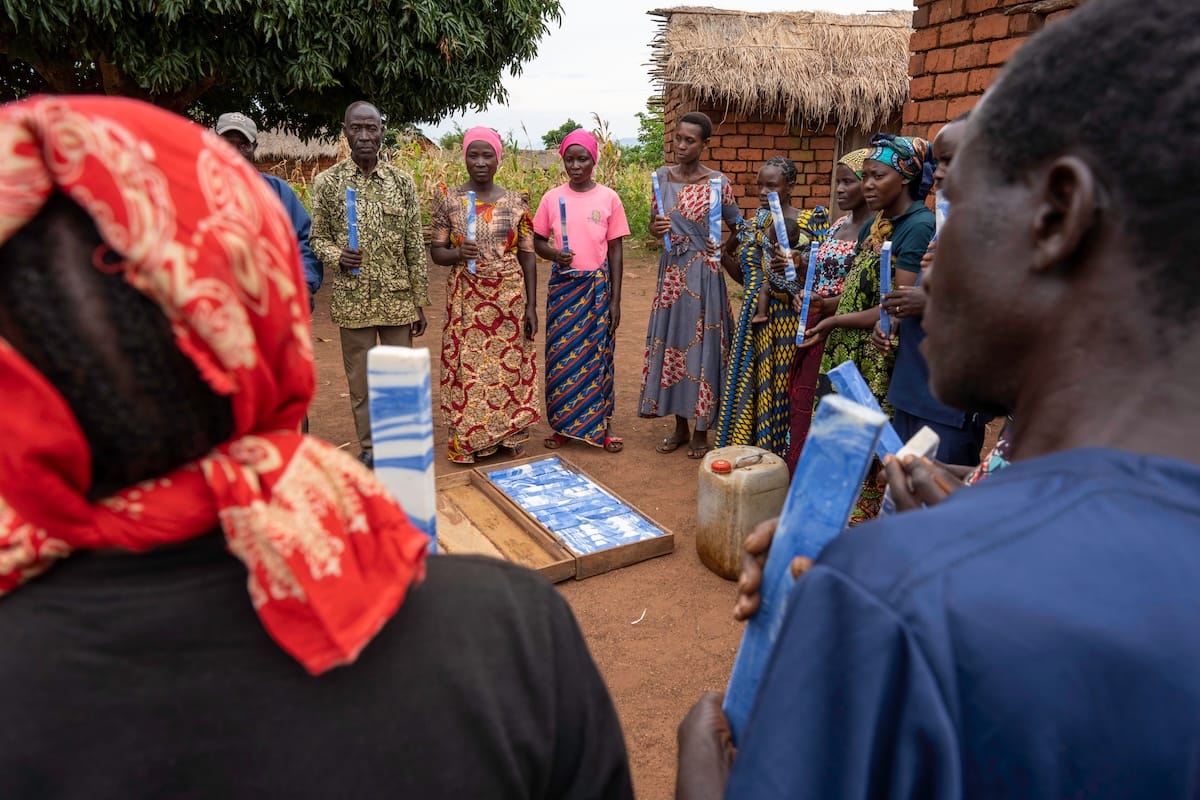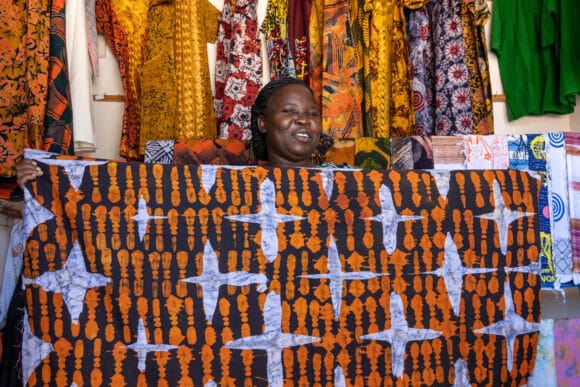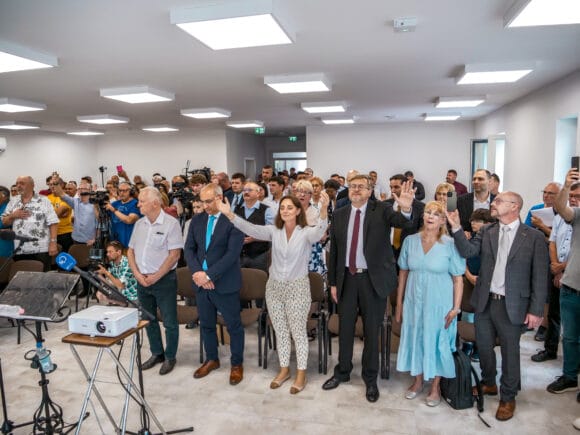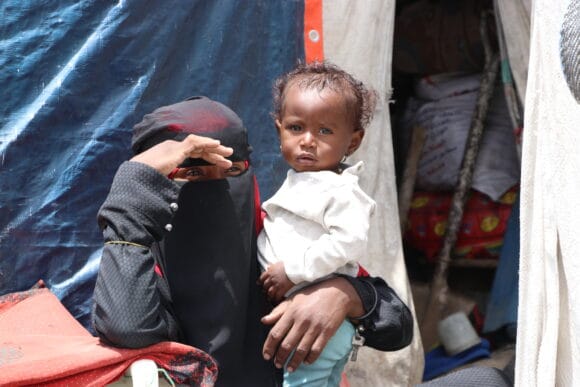In Tanzania, soap-making is not just a daily necessity – it can also be a way out of poverty. The story of Upendo Msaka shows how Fida’s work, together with the local church, gives women the opportunity to build hope for their entire community.
When Upendo Msaka is asked what soap-making has meant to her, her answer is short but powerful:
– Now I can eat every day. Before, I couldn’t.
Not long ago, Upendo represented one of the over 300 million people in the world who are facing acute levels of food insecurity, never knowing where the next meal would come from.
Her life changed when she was given a new opportunity for livelihood.
New livelihoods, new beginnings
In Tanzania, most people live in rural areas and depend on small-scale farming for survival. While this provides food, it rarely brings income – and so the cycle of poverty continues from one generation to the next.
Women in rural communities are often in the most vulnerable position, with limited access to education and employment. That’s why every new livelihood, such as soap-making, is an important opportunity – a first step towards self-reliance and a more stable future.
We are visiting Rusunu village near the town of Kigoma in north-western Tanzania. Here, Fida and the Free Pentecostal Church of Tanzania (FPCT) work together through the Tunandoto (“We Have a Dream”) country programme, which supports entrepreneurship among rural communities, especially among women and the youth.
Upendo is part of a local self-help group where people learn entrepreneurship skills together. Across Tanzania, there are now 314 similar groups operating through Fida’s programme.
One of the most popular livelihoods in the programme is soap-making, for which women like Upendo receive training.
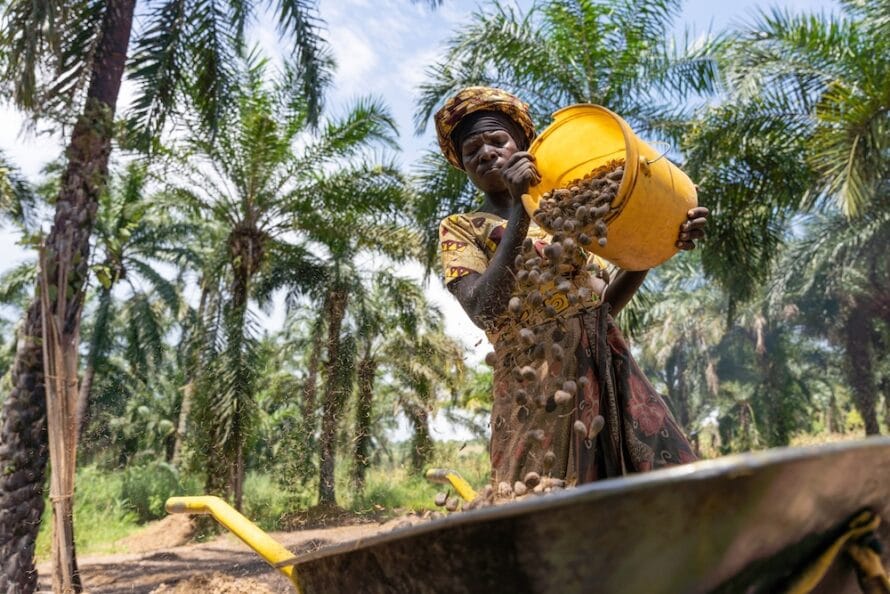

Palm oil soap is an every-day necessity in Tanzanian households, sold widely in markets and shops, making it readily accessible to people of all socioeconomic backgrounds. It’s affordable, effective, and in constant demand.
In many communities across Tanzania, the production of palm oil-based soap is not only a means of personal hygiene but also a source of income.
.
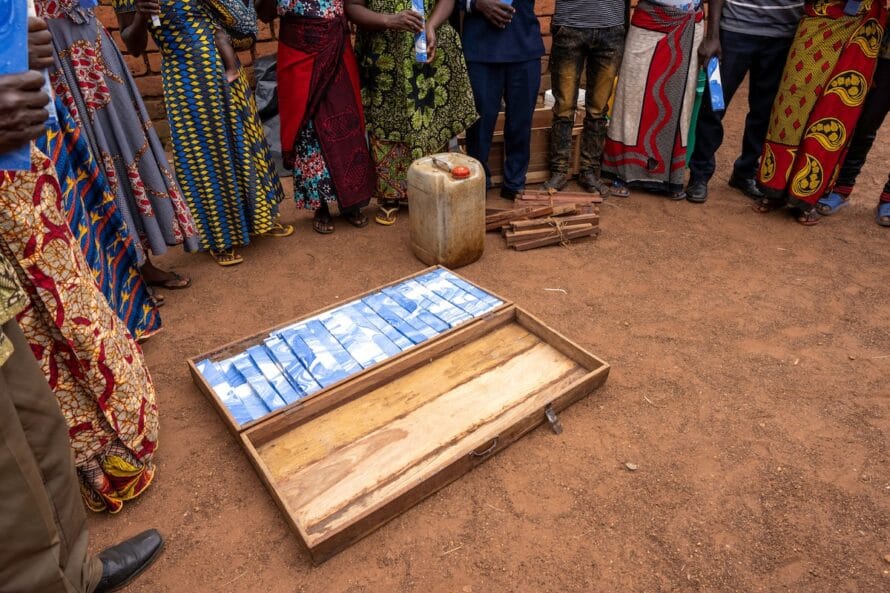

the creation of harmful products. Photo: Hannu Happonen
Communities strengthen
Upendo is part of a local self-help group where people learn both entrepreneurship and soap-making skills together. Across Tanzania, there are now 314 similar groups operating through Fida’s programme.
Soap production and sales have significantly improved the unstable income of daily wage earners like Upendo. Even small earnings make a big difference.
When Upendo says she can now eat every day, her face lights up with relief. The constant worry about the next meal has been replaced by a sense of security and stability.
With the extra income, families can support their children’s education and healthcare and save money for community projects that improve living conditions for the whole village.
Soap-making doesn’t just change individual lives – it strengthens entire communities. In the long run, it can also become an important opportunity for Tanzania’s economy as a whole.
Economic independence for women
Upendo’s story is just one among many. Thanks to Fida’s development cooperation programme, thousands of women across East Africa have been able to build a better future for themselves and their families.
In Tanzania alone, in the past year hundreds of families have increased their income, and 65 sustainable small businesses were established – some of them led by women with disabilities.
In 2024, across all of Fida’s East African country programmes:
- Over 6,400 women learned new skills to strengthen their livelihoods.
- More than 3,200 families gained regular income.
- Through savings and loan groups, the wealth of over 7,000 families grew.
Text and photos: Hannu Happonen
